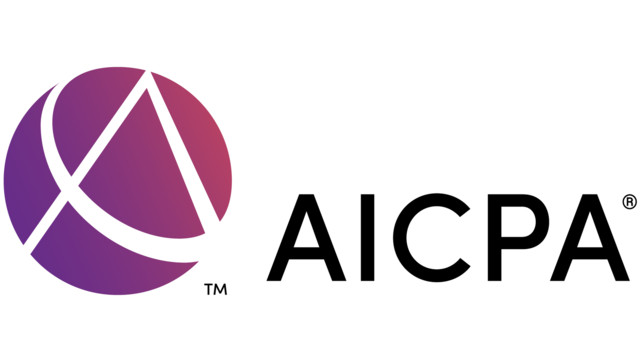The American Institute of CPAs (AICPA) has updated its Practice Aid Accounting for and Auditing of Digital Assets, to include nonauthoritative guidance on how to audit digital assets. This new material will complement accounting guidance issued last year. It is based on professional literature and experience from members of the AICPA Digital Assets Working Group (DAWG) and AICPA staff, and is specific to U.S. generally accepted auditing standards (GAAS).
“This non-authoritative guidance goes a long way in helping auditors consider the potential risks unique to the digital assets ecosystem and the skillsets needed to conclude whether to accept or continue an engagement,” said Susan S. Coffey, CPA, CGMA, Executive Vice President of the Association of International Certified Professional Accountants. “As the digital asset ecosystem continues to change and expand, we will also continue to provide guidance so financial statement preparers and auditors know how to account for and audit digital assets.”
Digital assets are defined broadly as digital records, made using cryptography for verification and security purposes, on a distributed ledger. Although all industries encounter change, the digital assets ecosystem is evolving rapidly. As firms seek to provide audits to entities within the ecosystem, caution and consideration must be given to unique risks and challenges.
This Practice Aid provides auditors with information to consider when accepting or continuing audit engagements that involve digital assets. As CPA firms seek to provide audits to entities involved with digital assets, they’ll need to perform evaluations to ensure that only client relationships and engagements, for which the audits can be performed in accordance with professional standards and applicable legal and regulatory requirements to enable an appropriate auditor’s report, are undertaken.
Prior to accepting or continuing an engagement, firms assess items such as:
- The audit firm’s current industry expertise and understanding of digital assets.
- Management’s competencies and capabilities to maintain the entity’s books and records and secure its assets.
- The client’s integrity and commitment to compliance with laws and regulations and its overall business strategy and the role the entity serves or intends to serve within the digital assets ecosystem.
“Overconfidence in the digital assets ecosystem is a real risk,” said Amy Steele, CPA, Audit & Assurance partner, Deloitte & Touche LLP, AICPA Digital Assets Working Group Chair. “This Practice Aid is a great step at highlighting some of the unique challenges and considerations for auditors seeking to perform audits in this ecosystem.”
Thanks for reading CPA Practice Advisor!
Subscribe Already registered? Log In
Need more information? Read the FAQs
Tags: Digital Currency




